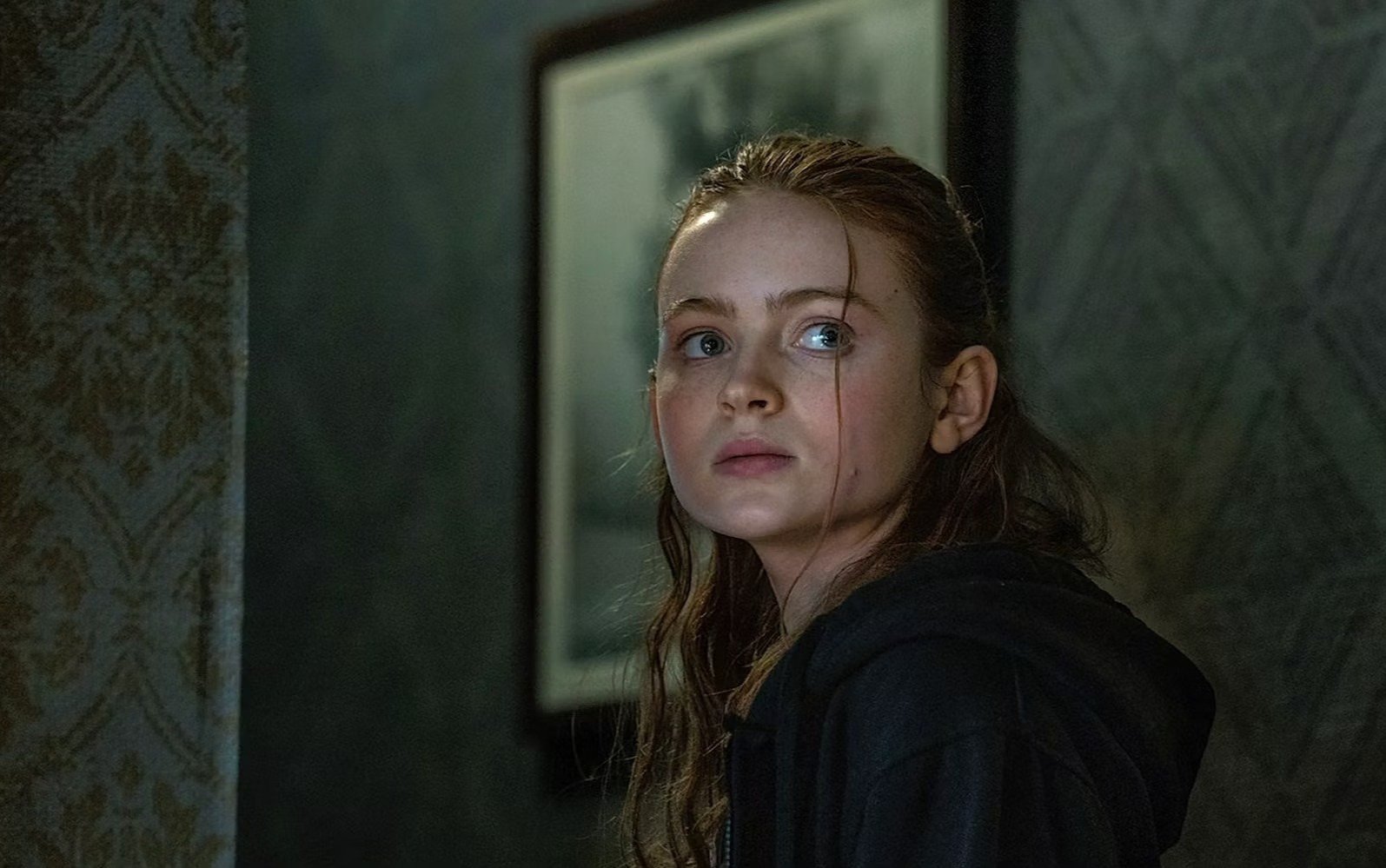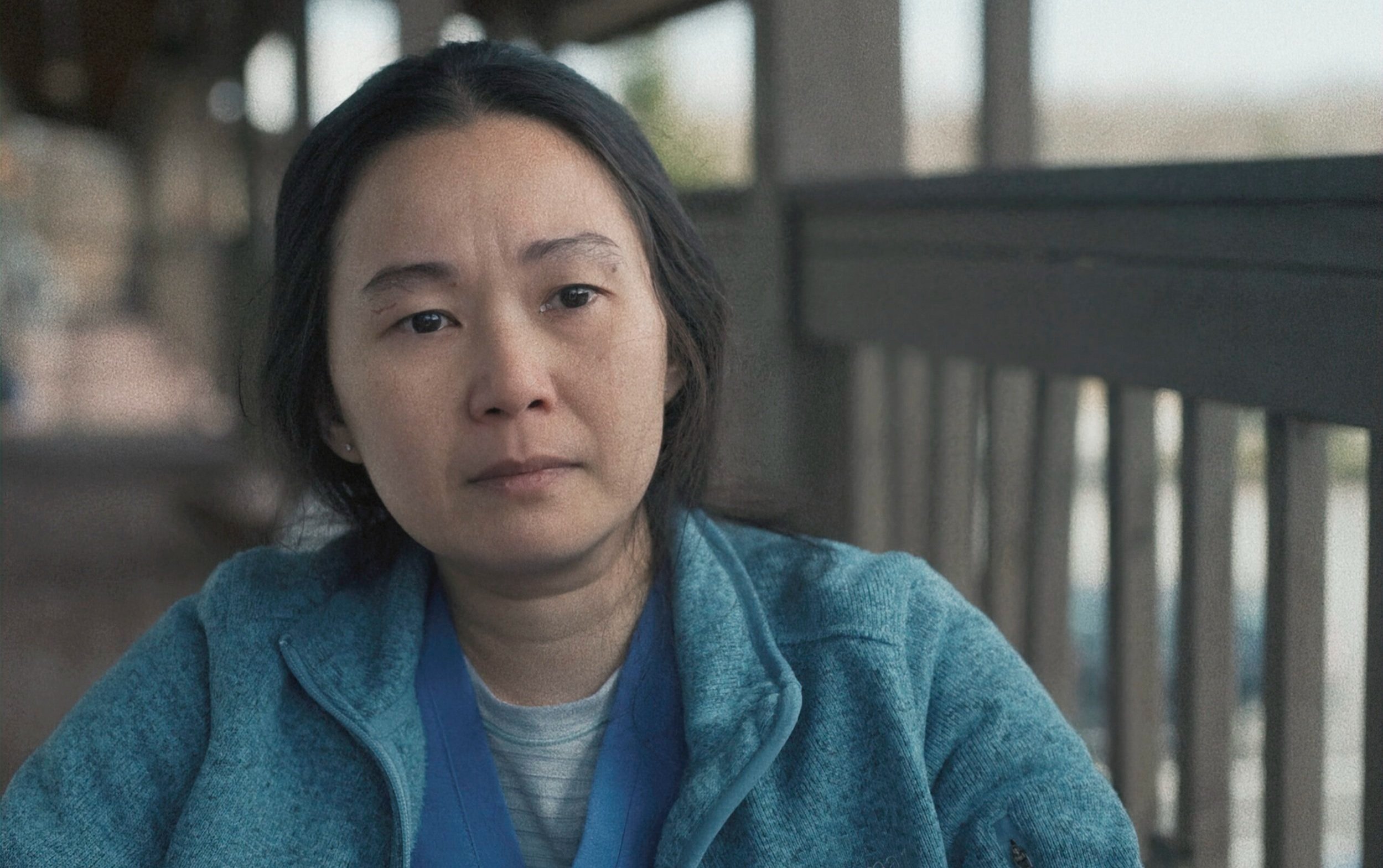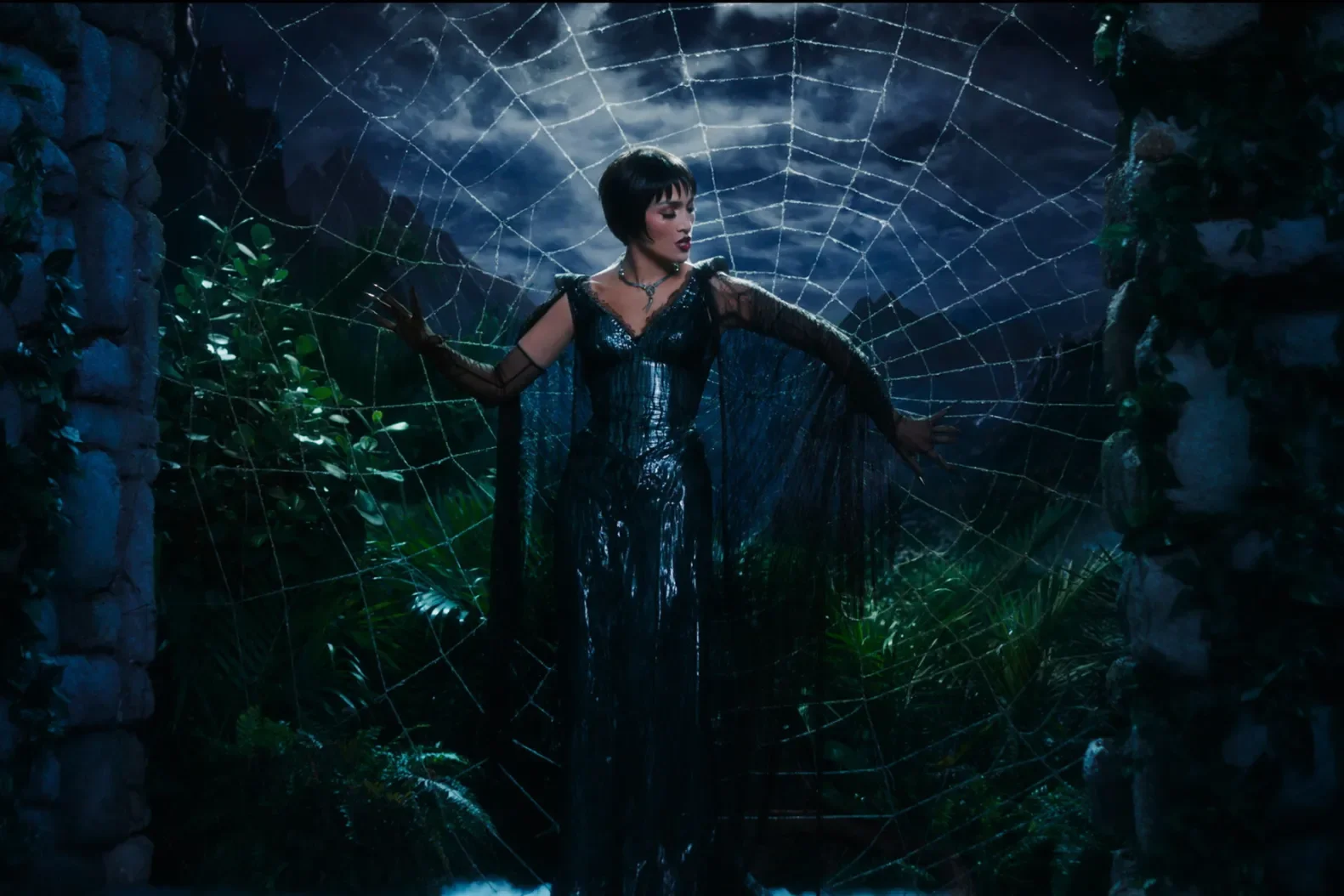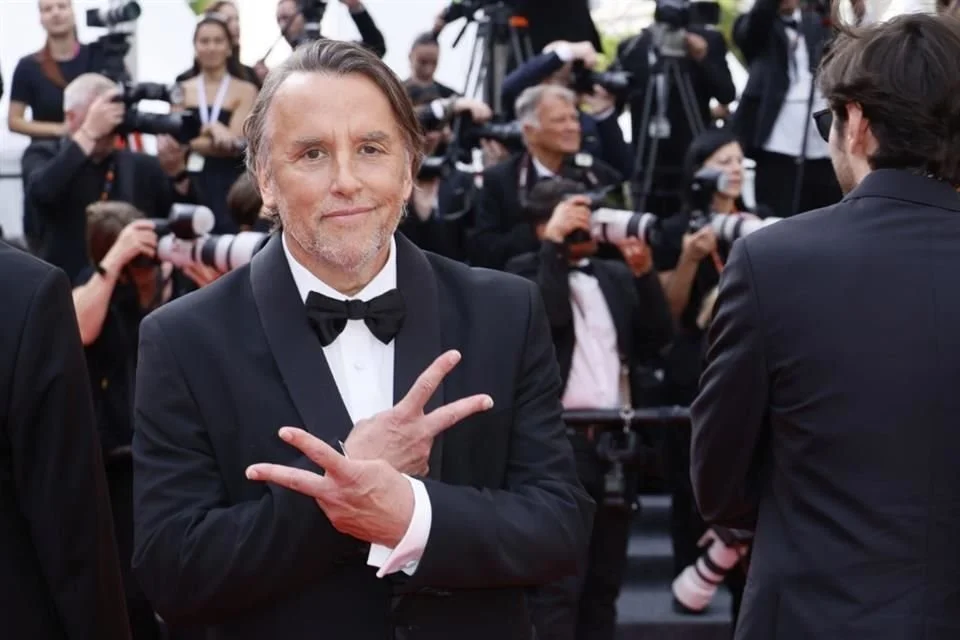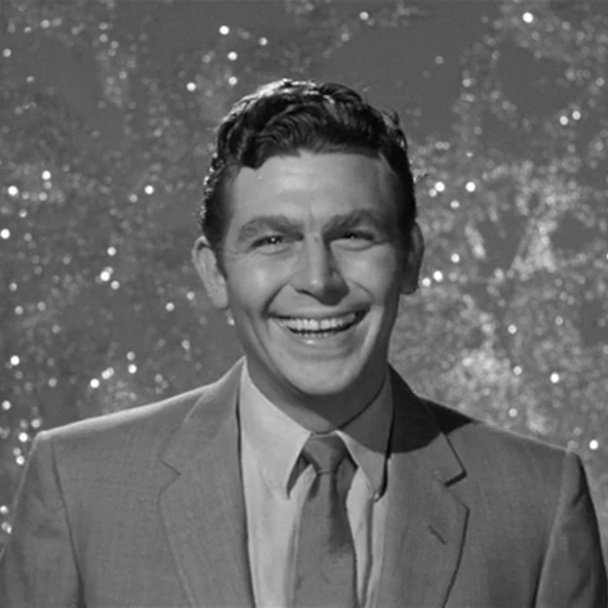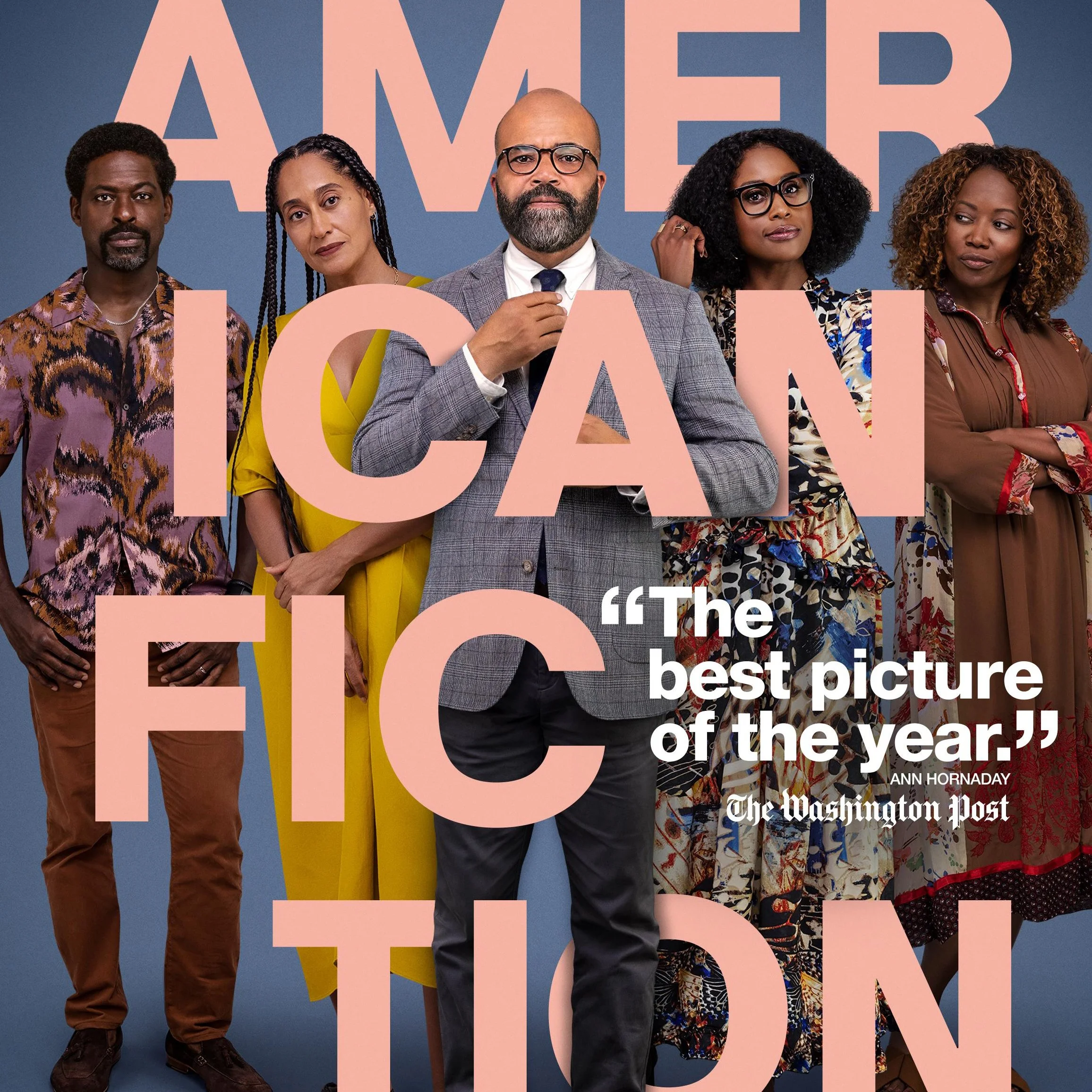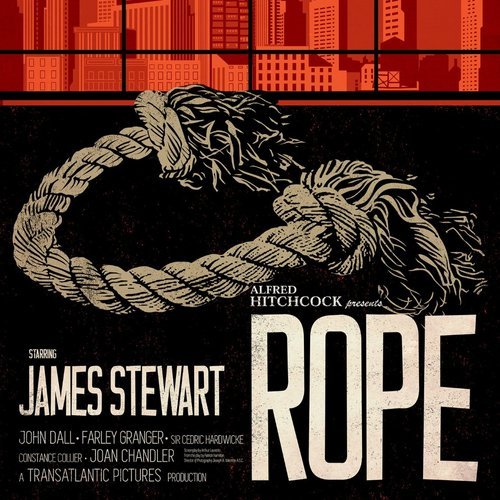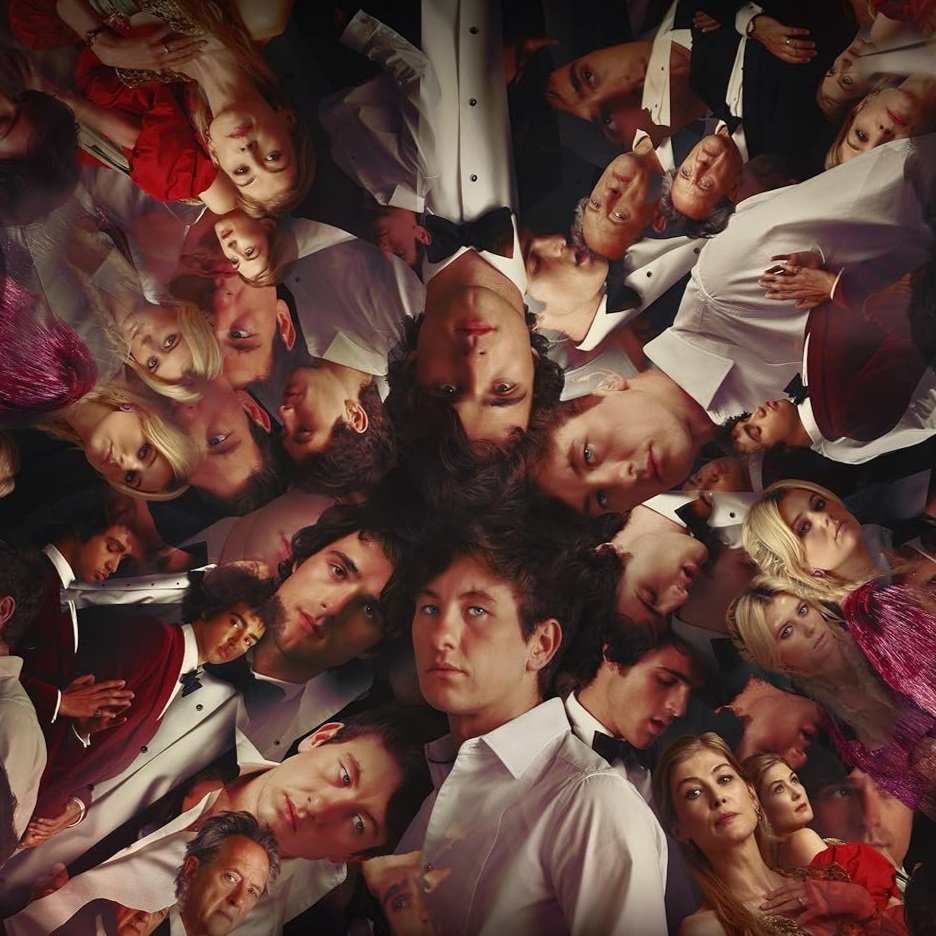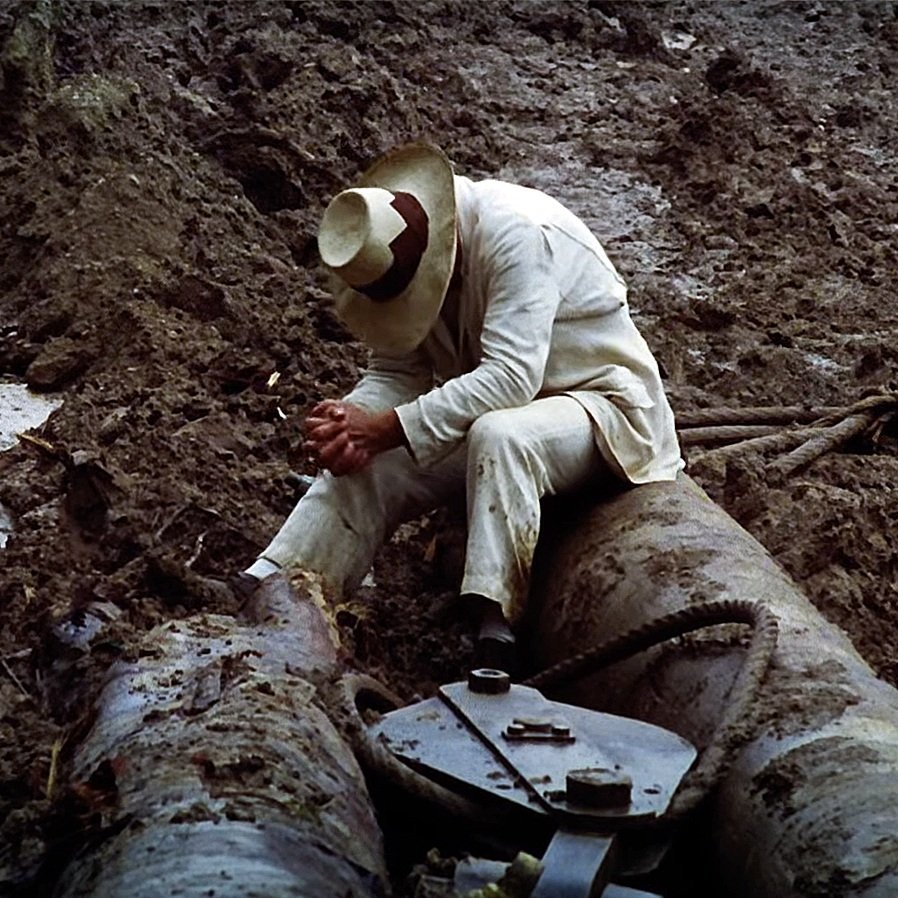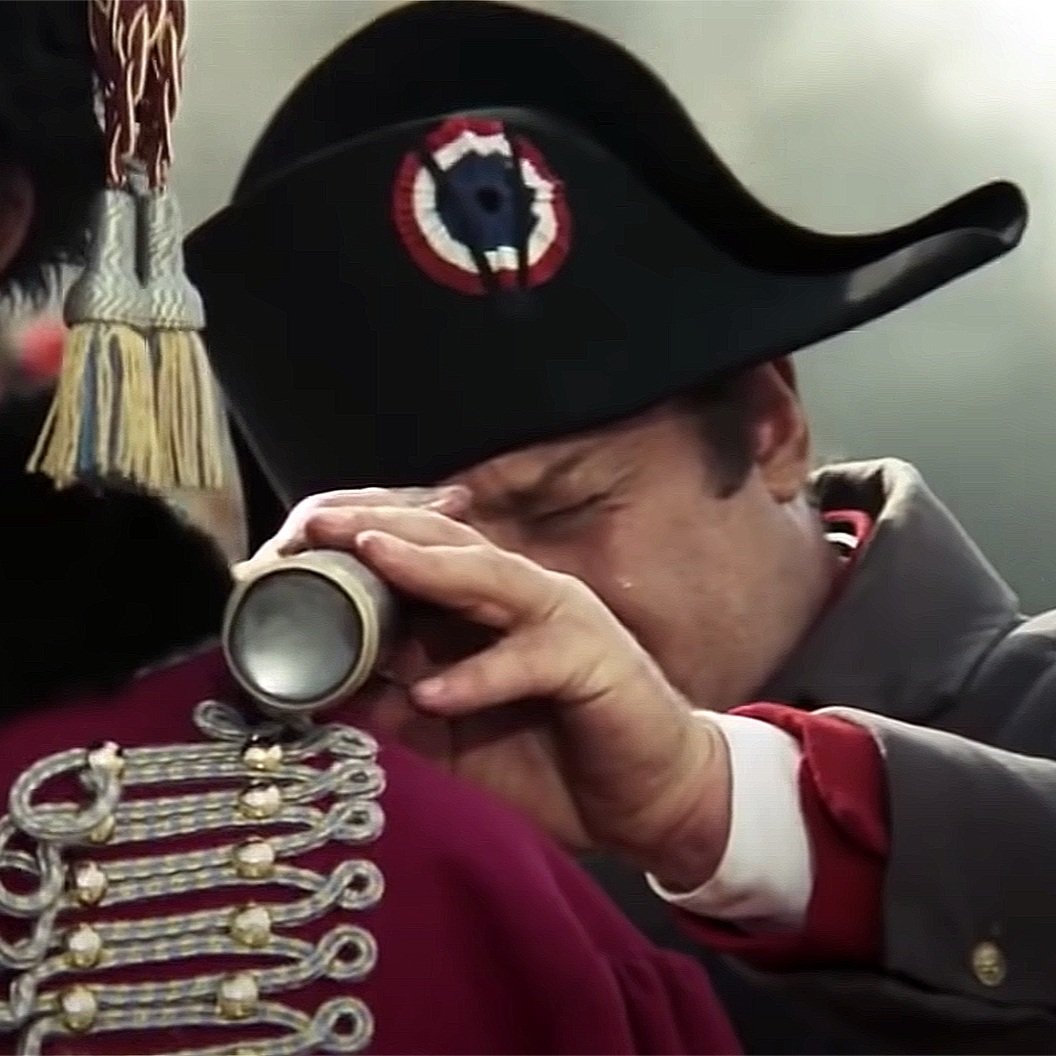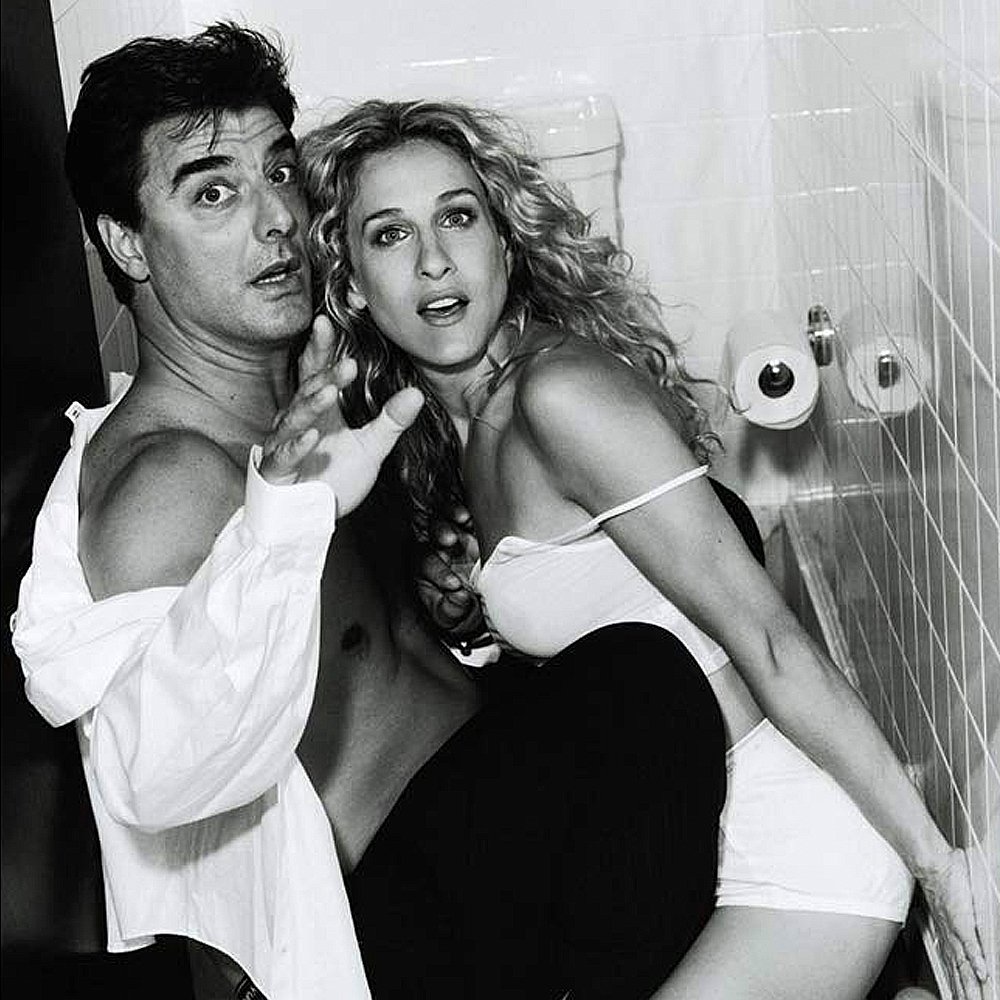Trying to Empathize With The Whale
The dissipating buzz surrounding The Whale (2022) was inevitable considering that its only major attraction post its film festival run were the names attached, namely those of the director, Darren Aronofsky, and star, Brendan Fraser. Although their star power can be felt in this film, it is not nearly enough to make The Whale seem like anything more than it is: a typical Oscar-baity, A24, indie “think-piece.”
Brendan Fraser is magnificent in this film and he definitely deserves to be awarded for it, but it is somewhat disappointing to consider The Whale (2022) as his big comeback when the movie has so many potent flaws and is hardly accessible to modern audiences. It’s also a letdown to see all the other stellar acting performances being degraded by a simple and grotesque depiction of a grieving man. The main cast – Brendan Fraser (Charlie), Hong Chau (Liz), Sadie Sink (Ellie), and Ty Simpkins (Thomas) – all put in so much effort just to be ridiculed by poor characterization and a story that ogles at its tortured subjects instead of trying to sympathize with them.
Part of this problem derives from the fact that the characters’ motivations are rarely ever completely explained. Charlie and Liz’s presence in the story are the only ones that truly make sense as Charlie is the protagonist and Liz is his main caretaker. But, the frequent appearance and unannounced visits of Ellie, Charlie's daughter, and Thomas, a missionary new to the town, seem to have no apparent purpose. Ellie hates her father for walking out on her and her mother but the moment he invites her back into his life, she welcomes herself into his home any time she has the chance. Thomas has never met this man before but after one visit to his home while he is going door-to-door handing out pamphlets, he decides to keep coming back under the guise of “saving” Charlie. Neither of their actions seem logical and Ellie and Thomas’s scenes together particularly make no sense.
It is also hard to believe that the characters would respond to Charlie’s condition the way that they are depicted as doing. The movie sets out to make the claim that “people are incapable of not caring” and though it eventually proves this to be true of all its characters, Ellie and Thomas’s selfishness and blatant hatred or judgment toward Charlie is what characterizes them for the majority of the movie. It is hard to imagine that anyone would yell at Charlie for being overweight, taunt him by demanding that he walk, and flaunt a religion in his face that was so integral to the death of his partner – even if he made mistakes in the past and is willing to take the blame now.
Not only do Charlie’s family and the people that enter into his life continue to mock and use him throughout the film, but the camera seems to as well. It was almost a given that Darren Aronofsky would focus on the overindulgence of the main character and his physical digression as these themes are no stranger to Aronofsky’s prior work either. Aronofsky has famously explored the physical/mental toll of addiction in Requiem for a Dream (2000) as well the destructive nature of the ego that is present in most of his films, but most notably in The Wrestler (2008) and Black Swan (2010). Though considering The Whale’s (2022) sensitive subject matter and the mission you would think this film would set out to complete – humanizing a grieving and ill man – it seems as if Aronofsky can only focus on the pure size of Charlie. This aspect of Charlie is highlighted first by the use of a prosthetic suit for Brendan Fraser. Since Fraser himself is not obese, having him be “transformed” into such adds to the extravagant mockery of the situation especially since the suit is simply used for surprising visual effect. Charlie’s size is a big part of his character but there are ways to include this in the narrative that don’t make it dramatized for seemingly reactionary purposes. Every step Charlie takes is emphasized like a beast in a monster movie, the camera does not budge as we watch him gorge down food, the film even opens with us watching him attempt to masturbate – almost trying to convince us that this is some unnatural and wrong act. For a movie that tries so hard to make us feel for its main character, it also seems to want us to make fun of him. This may be in an attempt to implicate the viewers as having the same biases and fatphobia as the other characters possess, but is there another way of demonstrating this without humiliating Charlie?
The themes that The Whale pushes are meaningful, sure, but after the movie, I was left asking, “why?” So Brendan Fraser could have a comeback story for flashy headlines? So Aronofsky could entertain another Requiem for a Dream-type character study on indulgence? So the story of a fat person could be showcased on the big screen? It most likely is a mixture of all of those things. But is the movie good enough to successfully accomplish these things it set out to do in a nuanced and impactful manner? I don’t think so.
The Whale is currently playing in theaters.
Popular Reviews

